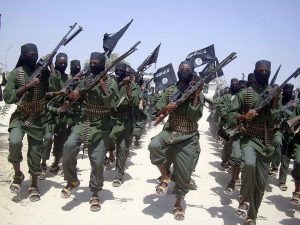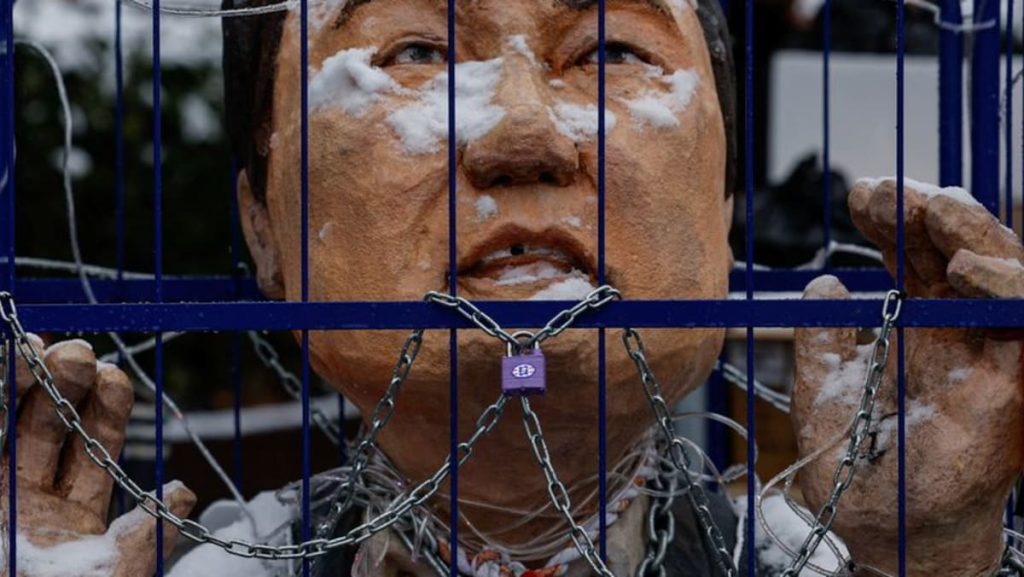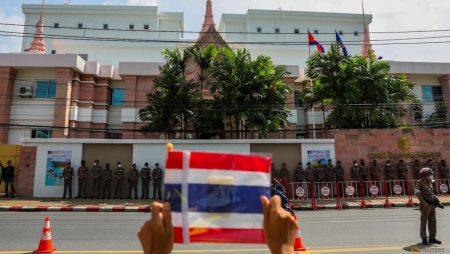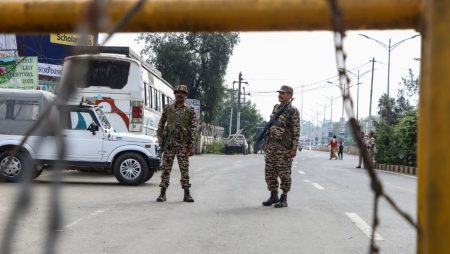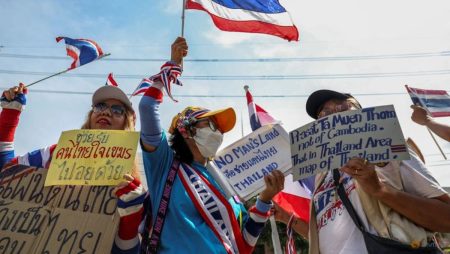The political landscape in South Korea has been dramatically roiled by an unprecedented attempt to arrest an incumbent president, Yoon Suk-yeol, sparking intense public demonstrations and raising complex legal questions about the authority of the investigating body. Yoon’s supporters, echoing the rhetoric of former US President Donald Trump’s followers, have rallied under the banner of “Stop the Steal,” claiming the investigation is illegitimate. Conversely, opposing factions are demanding Yoon’s punishment, creating a highly polarized atmosphere. The central issue revolves around a legal dispute concerning the transfer of the arrest warrant’s execution from the Corruption Investigation Office for High-ranking Officials (CIO) to a joint investigation team involving both the CIO and the police. This shift in authority has been interpreted by Yoon’s legal team as an implicit admission of the CIO’s lack of jurisdiction in this case.
The controversy stems from accusations against President Yoon, although the specific nature of these allegations remains undisclosed in the provided text. The attempt to arrest a sitting president marks a significant turning point in South Korean politics, highlighting the potential for institutional conflict and the passionate public response it can elicit. The involvement of the CIO, an independent anti-corruption agency, has raised concerns about its legal mandate, particularly its authority to investigate cases potentially involving insurrection, a charge Yoon’s lawyers vehemently contest. They argue that the CIO’s pursuit of the arrest warrant, and the subsequent attempt to transfer its execution, constitutes an unlawful overreach of its powers.
This legal challenge centers on the interpretation of South Korean law regarding the CIO’s jurisdiction. Yoon’s lawyers contend that the law does not empower the CIO to investigate matters related to insurrection, thereby rendering their actions against the president illegal. The attempt to transfer the execution of the warrant to a joint team with the police, in their view, further underscores the CIO’s recognition of its flawed legal standing. This interpretation fuels the narrative of a politically motivated persecution championed by Yoon’s supporters. The resulting public protests reflect a deep societal division, mirroring the polarization witnessed in other countries grappling with contested elections and accusations of government overreach.
The comparison to the political climate surrounding Donald Trump’s presidency in the United States is particularly striking, with Yoon’s supporters explicitly referencing the “Stop the Steal” slogan and expressing a desire for a media platform akin to Fox News. This highlights the transnational influence of political rhetoric and tactics, particularly the adoption of populist narratives focused on claims of electoral fraud and systemic injustice. The involvement of religious figures, such as Pastor Jun Kwang-hoon, further underscores the complex interplay of political and religious allegiances within the movement supporting President Yoon. Their public pronouncements characterizing the situation as an “international battle” for freedom elevate the stakes and suggest a broader ideological struggle at play.
The ongoing rallies outside Yoon’s residence, fueled by pronouncements like Pastor Jun’s pledge to continue until they “reap the results,” indicate a protracted period of political instability and potential unrest. The intensity of these demonstrations and the explicit referencing of US political rhetoric create a volatile environment, raising concerns about the potential for escalating tensions and even violence. The absence of a media outlet perceived as sympathetic to their cause, as expressed by the lament regarding the lack of a “Fox News in Korea,” contributes to a sense of marginalization among Yoon’s supporters, potentially further fueling their resolve.
The situation in South Korea represents a complex intersection of legal, political, and social forces. The legal dispute over the CIO’s authority underscores the potential for ambiguities in legal frameworks to become flashpoints in times of political upheaval. The passionate public response, mirroring trends seen in other countries, highlights the power of populist narratives and the potential for political polarization to destabilize established institutions. The ongoing rallies and pronouncements by key figures like Pastor Jun suggest that the situation remains highly fluid, with the potential for further escalation in the near future. The ultimate resolution of this crisis will likely depend on the interpretation of South Korean law, the actions of law enforcement agencies, and the evolving public response to these developments.


